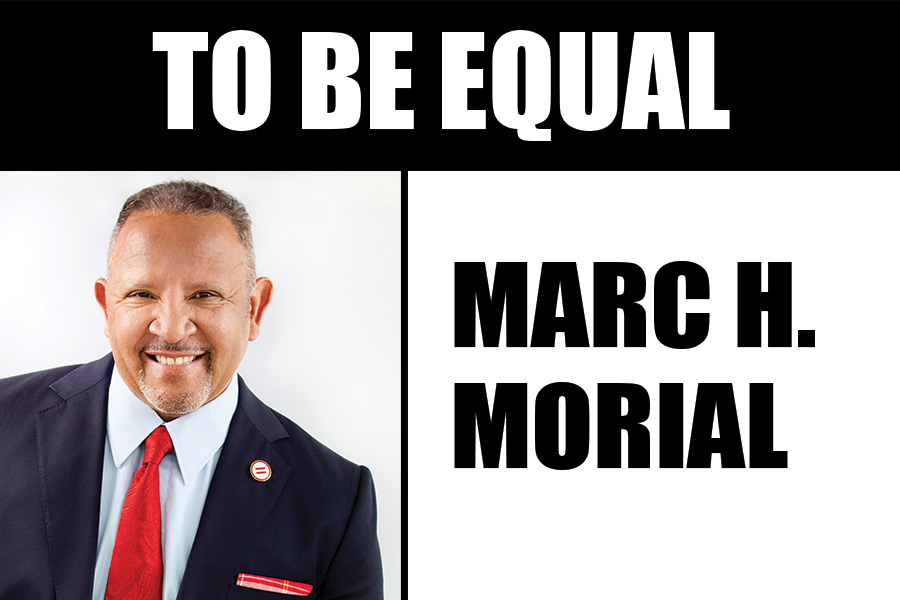(TriceEdneyWire.com)—“I was acutely aware of when I would go into department stores and feel the shadow of being followed. And then I’d be recognized, and all of a sudden it would turn. I thought, ‘Oh man, there it is.’ I was acutely aware of that turn. If I were not the actor who played John Shaft, I would be trailed to the dressing room, monitored, or stripped. That’s the truth of the matter.”—Richard Roundtree
A 1972 profile of Richard Roundtree, a year after the release of Shaft rocketed him to fame, called him “a 29-year-old former football player turned fashion model-turned actor.”
Roundtree, who passed away last week at the age of 81, had intended to make football his career. A standout high school football player in his hometown of New Rochelle, New York, he won a scholarship to play at Southern Illinois University. On the field, he said, he became addicted to applause.
A concussion on the field, however, prompted him to consider other ways to feed his habit.
So he was quick to accept when Eunice Johnson, the wife of EBONY magazine founder John H. Johnson, offered him the opportunity to model for the magazine’s Fashion Fair series. As the model for Duke hair care products, his face—if not his name—soon became familiar in Black households who knew him as “The Duke Man.”
His success as a model gave him entrée to the newly-launched Negro Ensemble Company, where he starred as a fictionalized version of the boxer Jack Johnson in an early production of The Great White Hope.
When he arrived at his audition for Shaft director Gordon Parks, Parks showed him a tearsheet of an ad depicting the look he wanted for the title character. The model in the ad was Roundtree.
While Shaft is among the best-known and most enduring example of the genre that became known as “Blaxploitation,” Roundtree himself rejected the term.

“I’ve always viewed that as a negative. Exploitation. Who’s being exploited?” he said in 2019. “But it gave a lot of people work. It gave a lot of people entrée into the business, including a lot of our present-day producers and directors. So, in the big picture, I view it as a positive.”
The character of John Shaft—described in the film’s theme song as “the cat that won’t cop out when there’s danger all about” and “a sex machine to all the chicks”—marked a turning point in the depiction of Black men on the silver screen. As Roundtree said, “the image kids see of him on the screen is of Black man who is for once a winner.”
Roundtree also took part in the 1977 landmark television miniseries Roots, which drew the third-largest audience in television history and sparked a national conversation about race and history. “You got a sense of White Americans saying, ‘Damn, that really happened,’” Roundtree said in television special to mark the miniseries’ 25th anniversary.
In the late 1990s, Roundtree embarked on a campaign to raise awareness and erase the stigma surrounding breast cancer in men, having felt pressured to keep his own diagnosis and mastectomy a secret for fear of losing work.
“The industry doesn’t like sick people,” he wrote in Essence. “My mastectomy left me with a permanent scar that runs from where my left nipple used to be to way back underneath my armpit, and it ain’t pretty … I did a lot of tap dancing to hide my illness.”
He later called his diagnosis “a backhanded blessing” after fans credited his candor with saving lives.
Roundtree’s proudest work was the 1996 film Once Upon a Time … When We Were Colored, about a Black Mississippi family confronting inequality in the south. It was the first of Rountree’s films that his father, a Pentecostal minister, could be persuaded to watch.
“And at the end, he looked at Richard, and he said, ‘Well done, my son,’” director Tim Reid told NPR. “And that’s the only time that his father had ever praised him for anything that he had ever done in his life.”